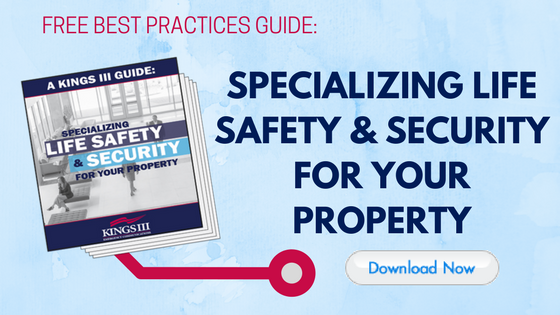BLOG CATEGORIES
What To Consider When Hiring Security Guards For Your Property
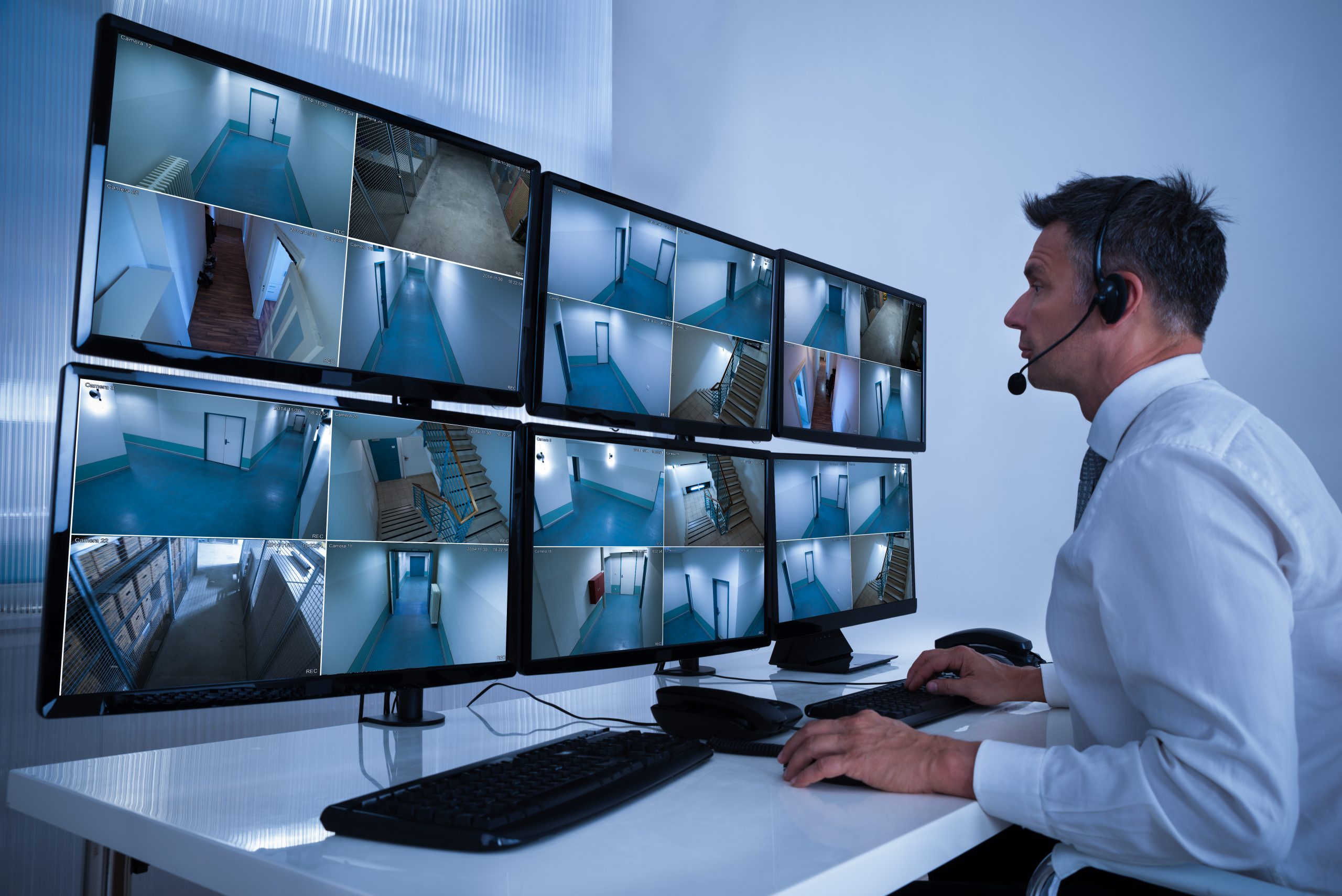
When it comes to your property’s life safety and security, the ultimate goal is to show your tenants that protection and prevention are your top concerns. There are many ways to protect your property and tenants, and deter crime. Having a physical presence to guard your property could be a good idea if you have the budget for it, but it should by no means be your only strategy. Consider a security guard as part of a well-planned mix with emergency communications technology.
A human security guard may discourage crime, if the guards you choose are well trained and competent. With that said, choosing an effective security guard requires a combination of knowledge and trusting your gut as well as putting other essential complementary measures in place in order to reduce crime and prevent emergencies, such as your emergency communications system.
Find out how to improve safety and reduce costs at your property
Our best-in-class emergency phone + monitoring solutions provide peace of mind and are backed by decades of expertise
Learn More
2022 ELLIES WINNER
Best Supplier -
Communication System
Keeping all that in mind, we’ve listed a few guidelines when seeking a uniformed security guard for your property here below.
Here’s what you need to consider:
Human security guards can be costly.
Security guards often work on an hourly wage, and, as it goes in business, you often get what you pay for. Two ways to pay your security guards: either personally or through the company they work for. The company then pays the guard a percentage of your fee.
Don’t immediately go with the lowest-priced guard. Low-price may also mean poor quality performance and not the best or most robust service options.
Is the security company you’re considering licensed and insured?
Be sure to review the company’s license and insurance details. Their insurance coverage should be able to cover your defense in court if needed. “A reputable insurance agency should have liability coverage of $1 million per occurrence, $3 million aggregate and $2 million umbrella coverage. They should also have auto liability and worker’s compensation coverage,” according to protectedbytrust.com.
Security guards are not cops.
Security guards don’t hold the same authority of municipal or state police (unless you have hired off duty police officers as security), but they can issue a private person’s arrest, most likely for trespassers. This arrest gets transferred to the local police department for further action. It’s important to have other safety tactics to back your security guards up in the event of an emergency, such as an Emergency Action Plan and emergency help phones.
Download our FREE Guide: Building Your Emergency Action Plan >>
Have a specific goal in mind for having a security guard on the property.
Don’t leave any situation to chance. Your #1 security priority should be prevention. Make sure your security team practices prevention techniques that stop future crime. Otherwise, the security you hire could be prone to mistakes and misunderstandings. That can result in lawsuits.
Be clear about a security guard’s job responsibilities.
You may have a mental picture of a security guard standing in your lobby or sitting behind a desk, but some professionals monitor video, or specialize in watching for shoplifters or loiterers. Some can also be trusted to open and close a property at the beginning or end of the day. Be sure you’re in sync with the guard about what you’re expecting and not expecting.
Security guards are only human.
The security guard business has been known to have high turnover. This means that lesser qualified people may sometimes slip through the hiring process. When the demand is higher than the supply, you want to be sure that you are getting the very highest quality guard.
Speaking of video surveillance, even if you choose to go this route, there are blind spots when it comes to video monitoring, and human error makes it impossible to guarantee that your security guards will catch every occurrence on your property that may need attention. It’s important not to rely on them as the end-all be-all for keeping your property safe.
Look for candidates who have previous security or law-enforcement experience. These type of officers may be more costly, but may also bring you more peace of mind.
Check out our blog post on other ways to combat crime on your property.
Be sure that the security company you hire has 24/7/365 customer service.
Make certain that your security company has a hotline staffed by customer service professionals who can help you in a pinch or emergency. If they only have after-hour voicemail or return calls the next day, move on. Try calling them in the evening and see who picks up (or doesn’t). Find out how long it takes for them to return your phone call. Only consider companies that can talk to you live 24/7/365.
Security guards can double as customer service representatives for your property.
If a guard is sitting at a front desk, he or she can act as a gateway to your property. This could mean that they interact with clients, customers and tenants, and answer questions and can give directions and locations. A guard may be able to escort customers and employees to their cars at night. This shows that you care about your people, and that security is a top priority.
Security guards can monitor the status of your security equipment and report trouble.
Part of the job of a security officer is to make sure that your electronic and digital security equipment remains in working order. This can include checking up on sensors, cameras, and motion detectors. You can ask the guard to report any trouble to you so that the problem is addressed immediately.
Who will back up or replace your security guard?
Who will cover the shift if the guard you’re expecting does not show up? And will you be happy with the replacement? If you are choosing a security company, ask them how they handle emergency replacements.
Read our additional tips for choosing the best vendors for your property.
Make sure your guard is licensed to carry a weapon.
Your guard must be properly licensed as a security guard (if your state requires it). If you desire armed guards in particular, that will require additional licensing.
Be sure to rely on an emergency communications service for additional protection.
Security guards are a very hands-on approach to your building’s life safety. They create an atmosphere of high security and add elements of authority, supervision and human judgment. However, as we have mentioned, they aren’t enough on their own. In fact, when guards are on duty, property managers and tenants alike can develop an inflated sense of security. As we’ve mentioned above, there are some shortcomings that come with security guards, including building blindspots as well as the potential for human limitations and errors.
If you have your emergency elevator phones currently ringing to your security guards you should keep in mind that:
- Sometimes, they are the entrapped party or the very person needing help
- They are sometimes unavailable to take the call
- They are not properly trained to handle all emergency calls (for instance, some emergency calls require pre-arrival medical instructions until help arrives.)
- You are missing out on key benefits of a specialized monitoring partner (call recording, location and elevator cab ID, language translation, etc.)
It’s important to supplement your security guards with additional safety methods to minimize the margin for error. With or without a human security guard, never be without Kings III emergency response service. Kings III gives you professional trained operators who are on standby 24/7/365 to help with any emergency on your property. This includes elevators, pools, stairwells, garages, parking lots and other places that security guards’ eyes can’t reach. Kings III is always there, even when a security guard is not, so that you and your tenants have peace of mind and fast response.
Good security guards may be in short supply, but there is never a shortage of Kings III’s highly trained emergency dispatchers. In fact, our operators are certified in Advanced Emergency Medical Dispatch (AEMD). That means that they are able to provide pre-arrival medical instructions if and when needed — something most security guards are not trained to do.
Contact us to find out more about the advantages of Kings III Emergency Communications.
CATEGORIES TAGGED
CATEGORIES
KEEP LEARNING
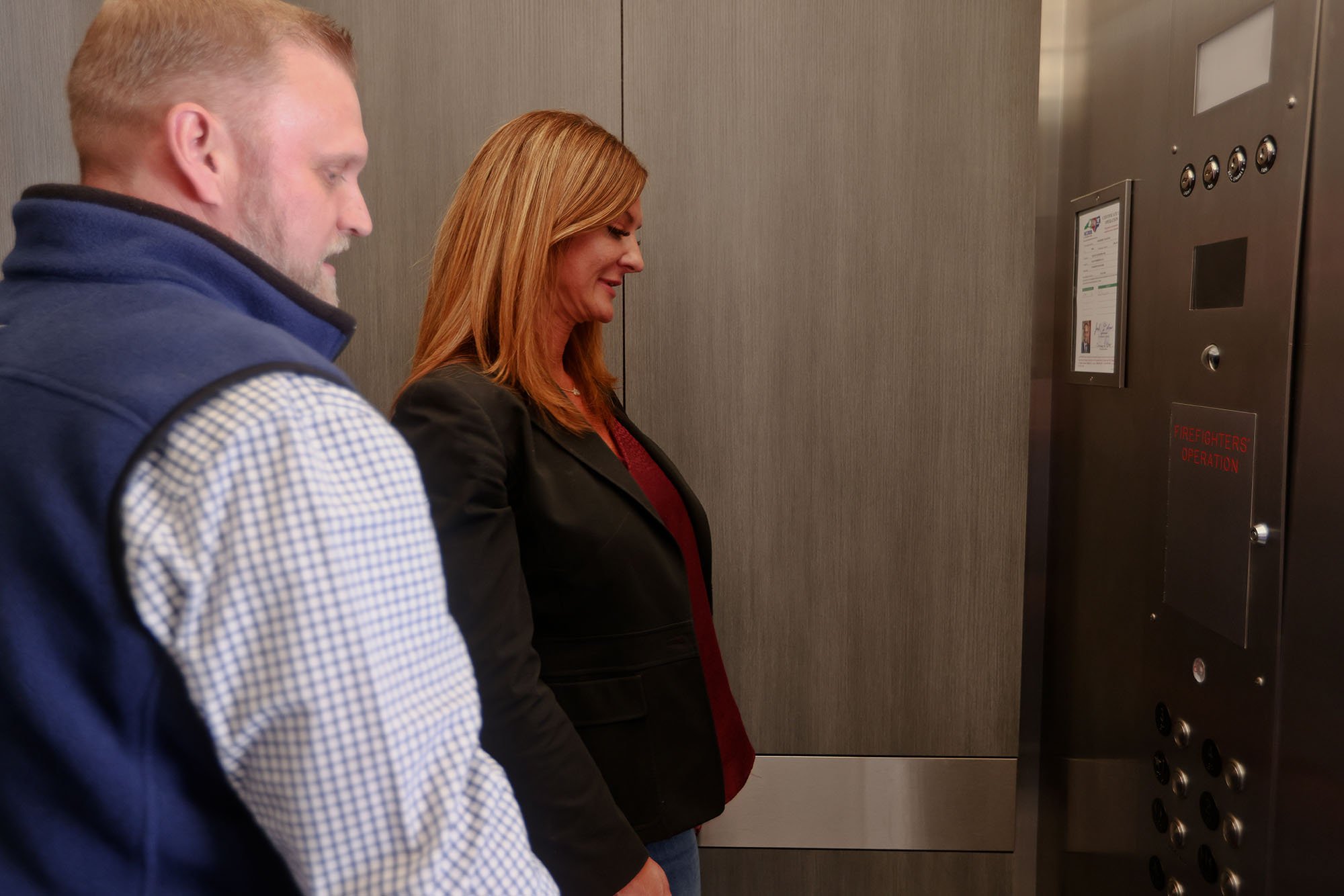
January 2024 Elevator Code Updates in Florida
Florida property managers have finally completed DLM requirements in their elevators (hopefully). But wait, there's more! Florida will adopt ASME 2019 starting January 1, 2024. Learn what this means, how you can comply, and get guidance from our code experts.
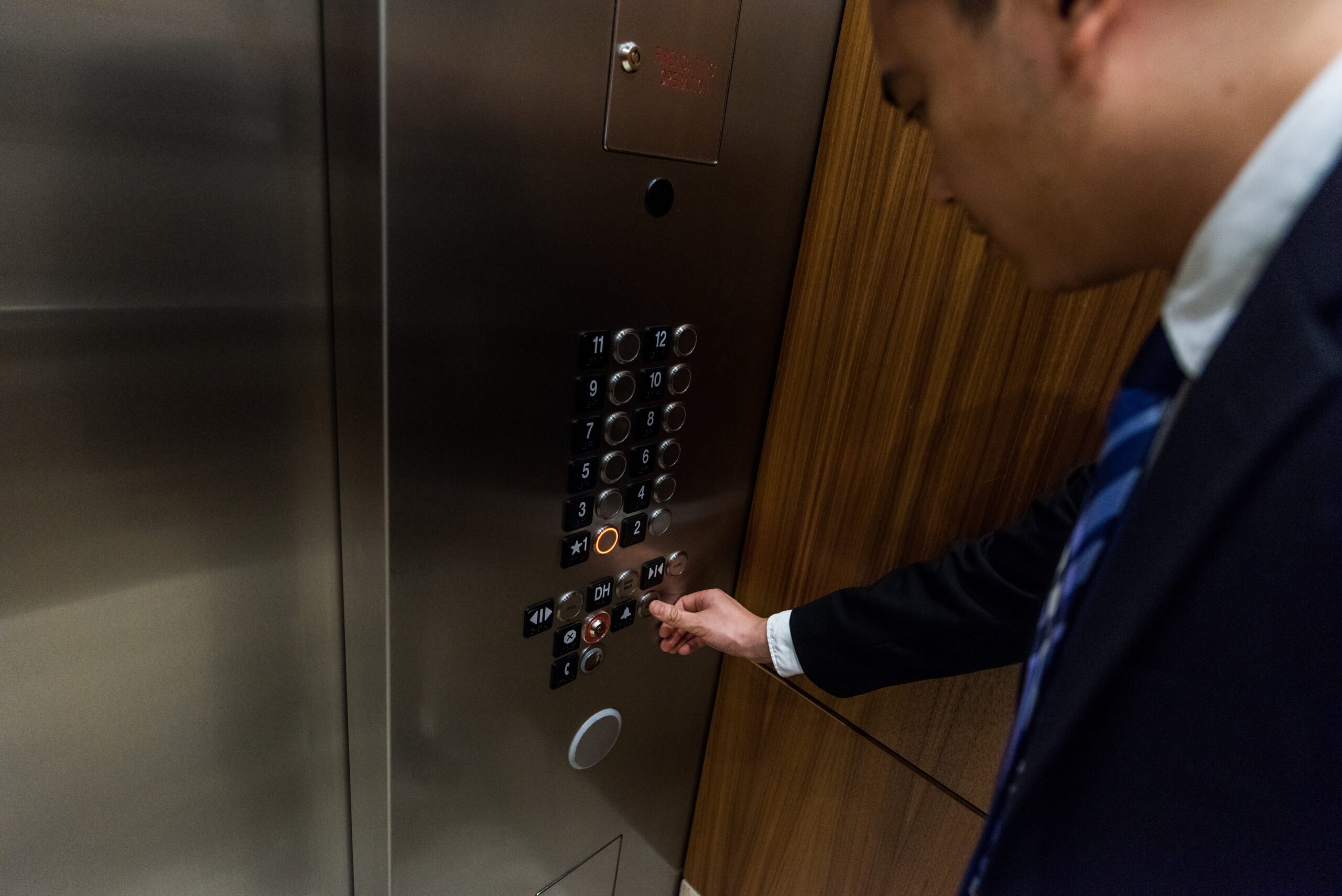
Survey Reveals Gaps in Building Emergency Communications Plans
A recent survey of property management professionals revealed that while more than 60 percent of respondents were aware that telecom companies are phasing out POTS (Plain Old Telephone Service, also known as analog copper land lines), nearly half reported their elevator emergency communication systems are still based on this endangered technology.
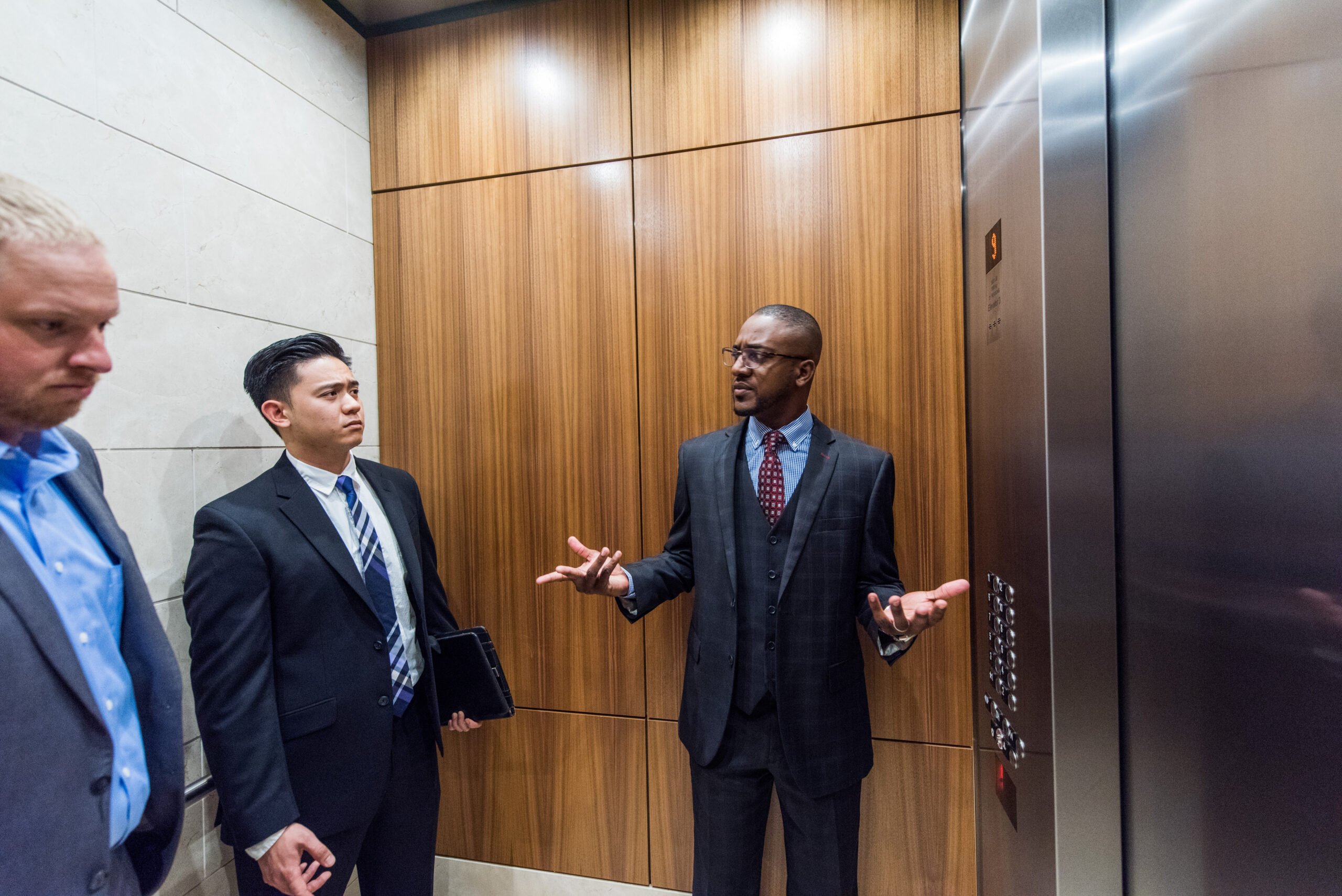
How is Elevator Liability Defined?
One of a building owner’s worst nightmares: a passenger gets into an elevator in perfect health but ends the ride with a serious physical or psychological injury. Thankfully, this is an extremely rare scenario, but all those involved in building management should know exactly how to define elevator liability and take action if an incident occurs.
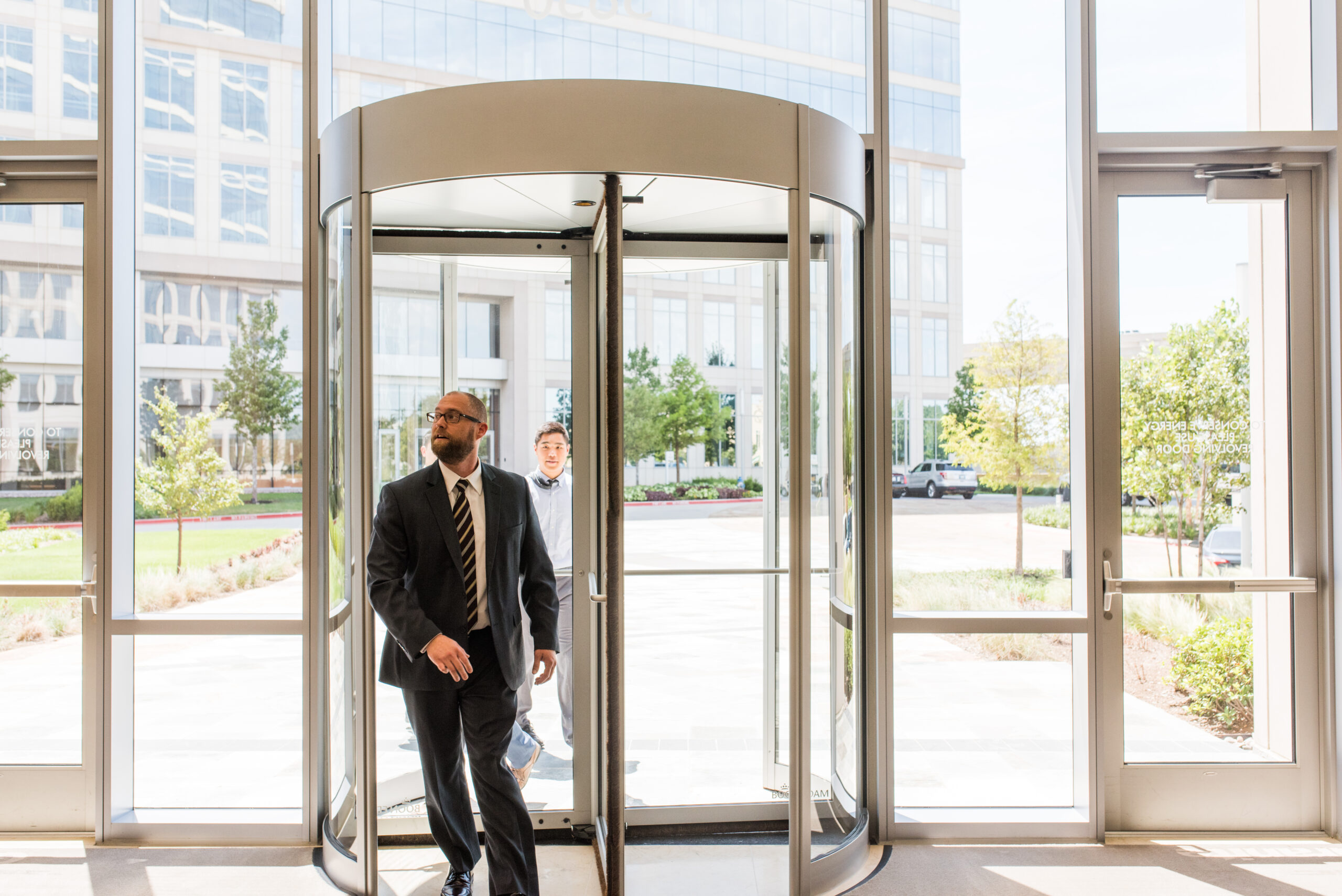
How is Your Premise Liability Law IQ?
A premises liability lawsuit holds a property owner responsible for any damages arising out of an injury on that person or entity's property. Keeping your property safe is, therefore, your number-one priority. Here's exactly what you need to know.
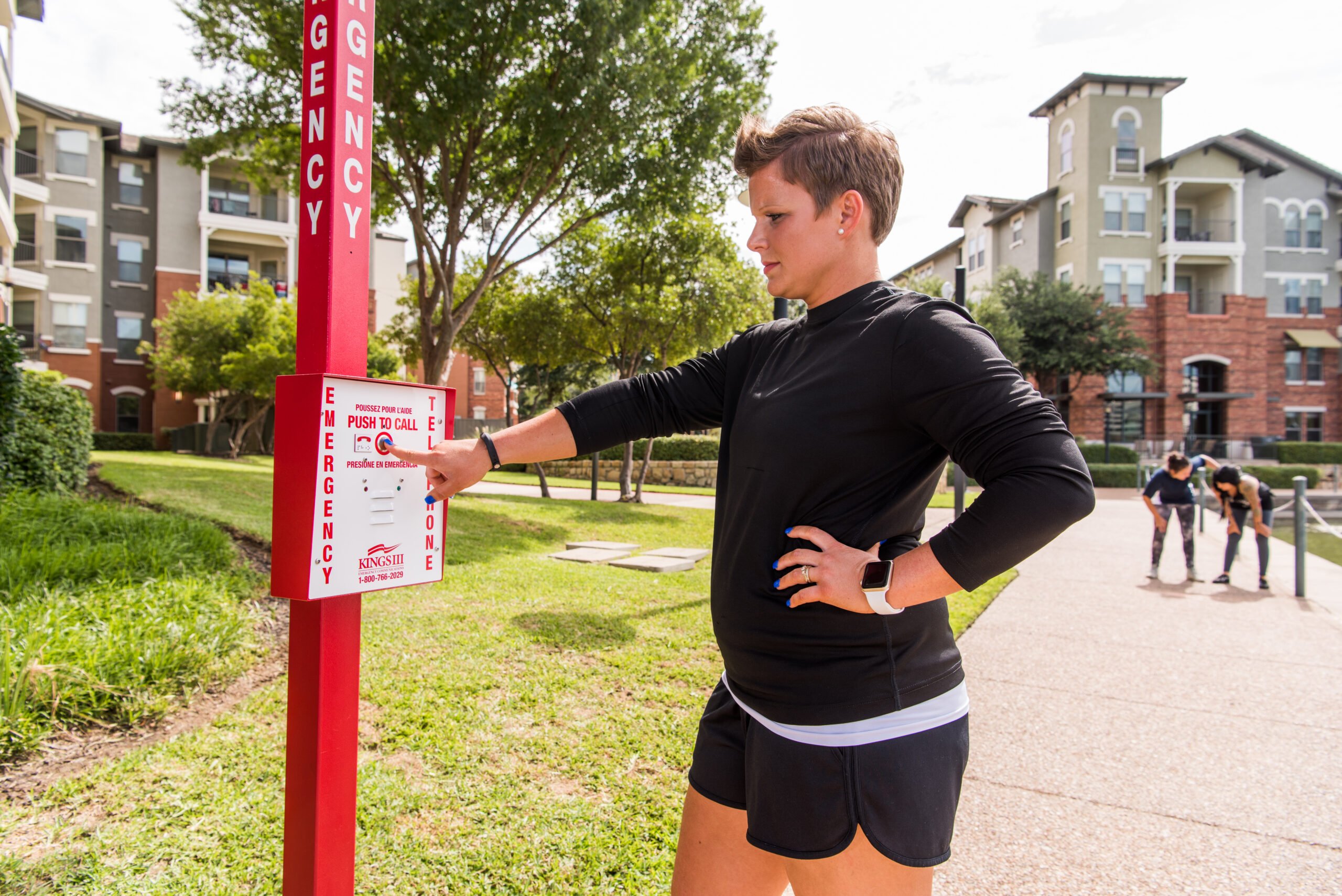
Types of Emergency Phones: Glossary and Resources
If you are looking into information on emergency phones, it’s worth getting some context on all emergency response options at a high level. Here, we’ll attempt to do just that with a ‘types of emergency phones’ glossary where we’ll provide important facts and links to outside resources for ALL types of emergency phones, along with special considerations.
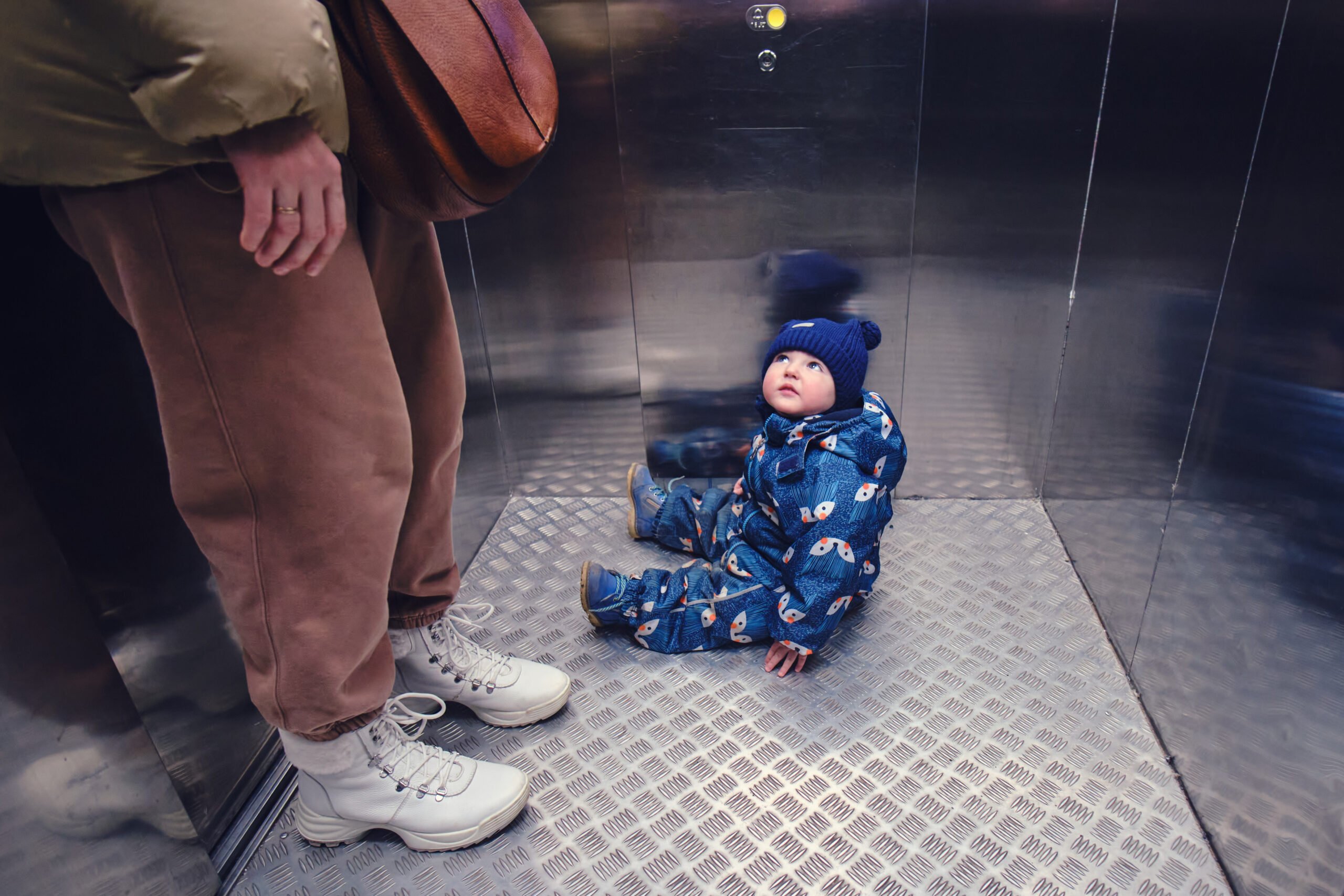
Winter-Proof Your Elevators
When elevators break down or work improperly, especially during inclement weather, we are reminded of their vital importance. Pay attention to the following items, especially in winter weather, to help keep your elevators running safely and smoothly.
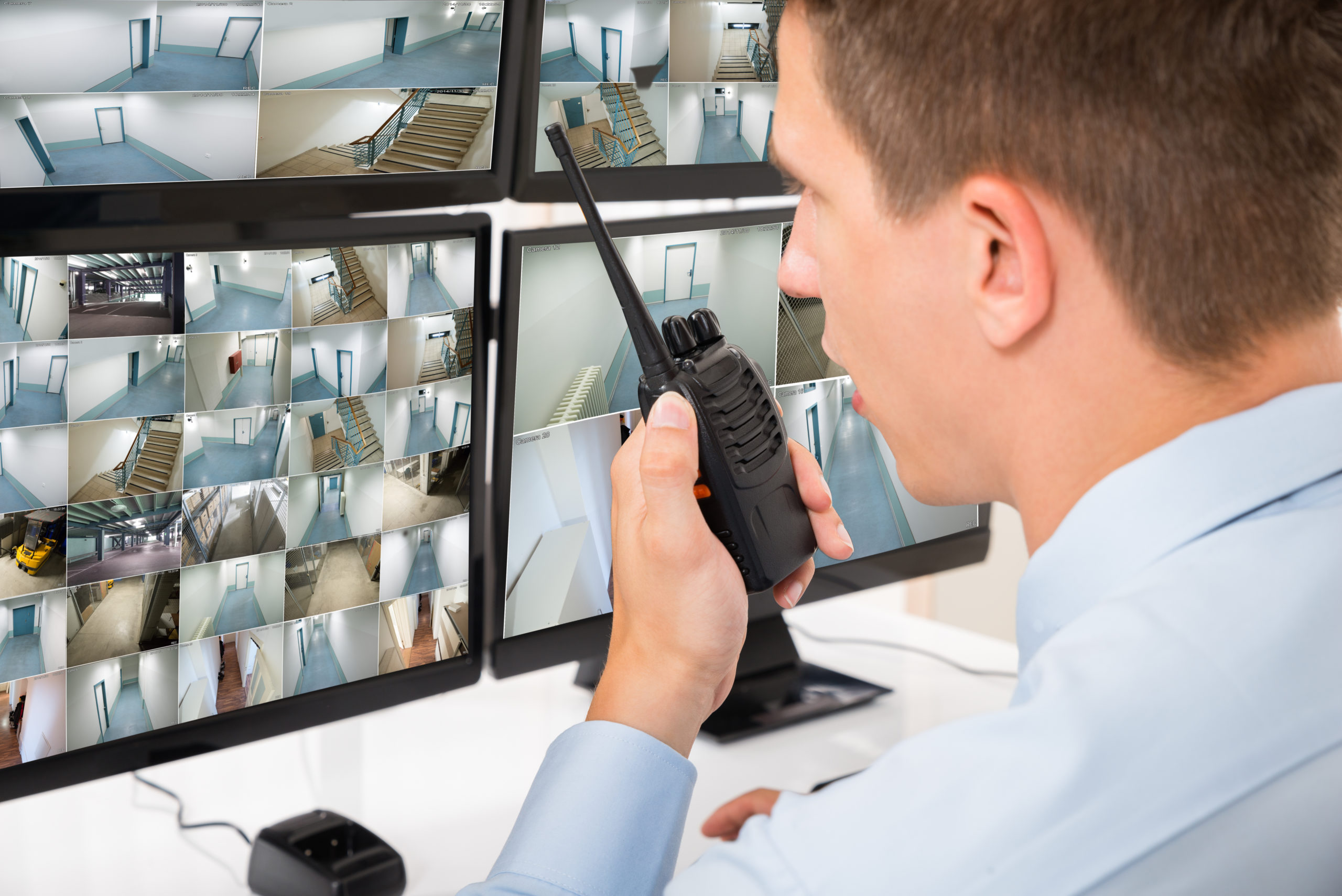
Best Practices for Using Video Surveillance on Your Property
Video surveillance is a common life safety tool for property managers. In fact, the latest elevator safety codes show how it can even be an essential component of emergency response for those with a disability. Here are some best practices to keep in mind when adding video surveillance to your security mix.
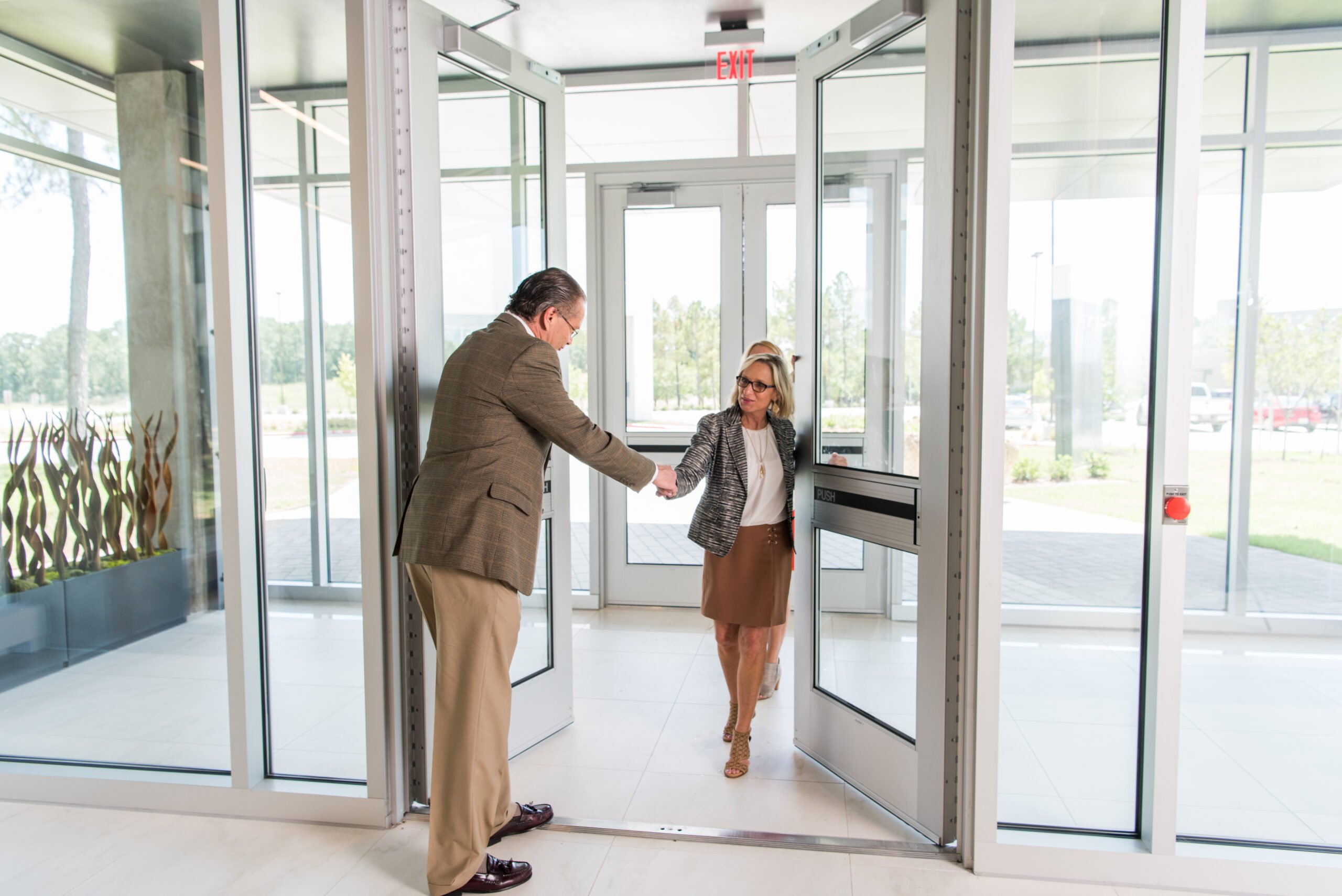
May is Building Safety Month
Building Safety Month is an international campaign celebrated in May to raise awareness about building safety. Learn more about what you can do to further the initiative here in this blog post.

Property Safety for Deaf & Hard of Hearing Tenants
Although, of course, those with hearing loss or deafness can continue to live independent and productive lives, there are unique needs and accommodations associated with them, and it is in your best interest as a property manager to keep their safety in mind. Here are some considerations to make when helping to protect your deaf/hard-of-hearing tenants.


